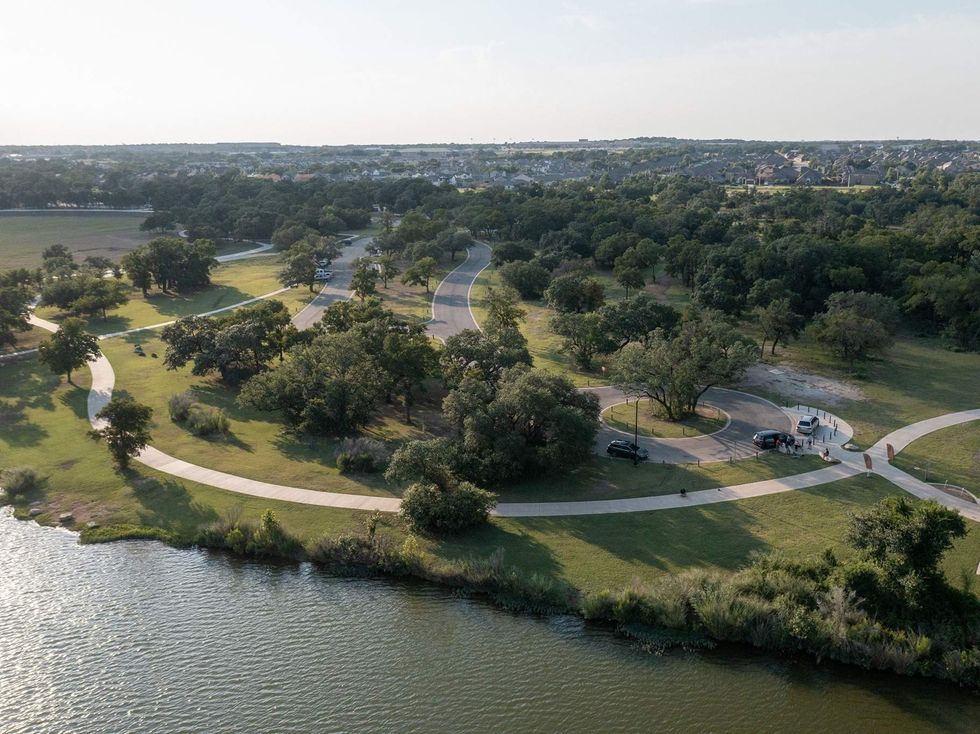million dollar problem
Here's how much money you need to retire by 40 in Texas, says report

You'll need this much and more to retire by age 40 in Texas.
Many working adults have asked themselves whether or not they'll be able to achieve an early retirement, but the reality is: It's not attainable anywhere in the U.S. without a substantial nest egg.
In Texas, that nest egg would have to be at least $1 million in the bank, according to a new annual report by personal finance website GoBankingRates.
The report, "Early Retirement: Here’s How Much Savings Is Needed To Retire by 40 in Every State," examined each state's cost of living and Social Security benefits to determine exactly how much money you'd need to have stashed away to achieve an early retirement.
According to the study's findings, the total cost of living expenses for the average Texan adds up to $3,362.63 per month, or $40,351.50 a year.
Based on those numbers, GoBakingRates calculated that a Texas resident retiring by age 40 would need a jaw-dropping $1,278,894.70 saved up if they were to live until they were 80 years old.
If a 40-year-old Texan lived to be 90, that nest egg would have to be $1,458,966.13, and if they lived to be 100, they'd need $1,639,037.55 in their savings for those remaining 60 years.
Texas came in at No. 20 on the list. Texans can breathe a (small) sigh of relief they aren't retiring in Hawaii, which came in at No. 1 on the list, with the highest amount of savings needed to retire early. The annual cost of living in Hawaii is nearly $107,000, which means a 40-year-old Hawaiian would need more than $3.94 million to retire early and enjoy 40 years of retirement.
California came in second, followed by Washington DC, Massachusetts, and Washington state.
The states with the least amount of savings required to retire by 40 are:
- No. 1 – West Virginia
- No. 2 – Mississippi
- No. 3 – Oklahoma
- No. 4 – Arkansas
- No. 5 – Kentucky
- No. 6 – Louisiana
- No. 7 – Alabama
- No. 8 – Kansas
- No. 9 – Iowa
- No. 10 – Michigan
The report echoes national ongoing financial strife in regards to inflation and cost of living increases, where not even Austin is immune.

 Lots of people want to live in Leander. Leander Parks & Recreation/Facebook
Lots of people want to live in Leander. Leander Parks & Recreation/Facebook